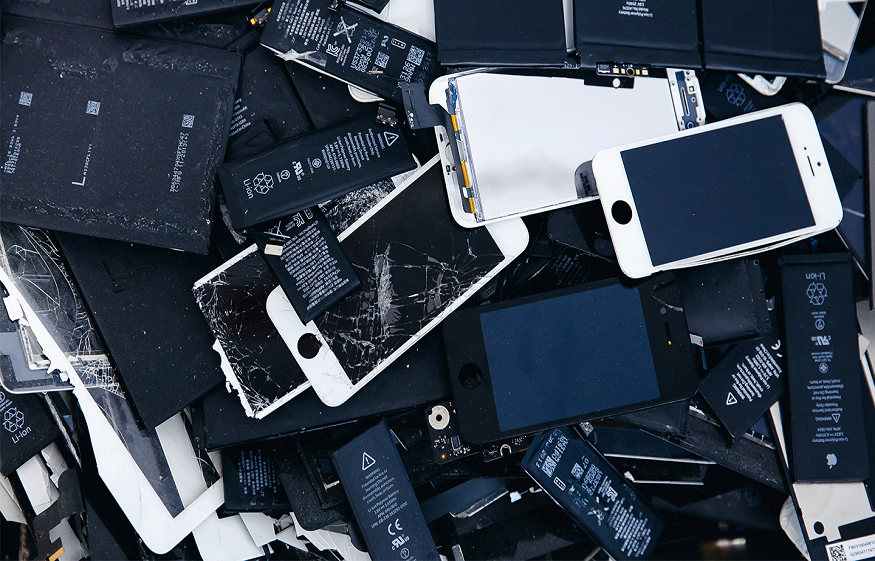Lithium-ion batteries are the future that numerous manufacturers have already visualized. The increasing popularity of Li-ion batteries is the better output and their life. The traditional acid batteries are now confronting a downfall. Another purpose of li-ion batteries is the feature of recycling which is not available in acid batteries.
When it comes to the modern world, sustainable development is in vogue. A world where lifestyle is tech-savvy but not at the cost of environmental degradation. Sounds perfect, isn’t it? Lithium-ion batteries are one of the best contributions to this revolution. How are Li-ion batteries suitable for the environment?
Lithium-ion batteries contain several minerals that enhance their performance and life. However, these minerals are not readily available across the globe, and in such a scenario, the production of these batteries can be hampered. Some inventive minds came across the concept of recycling lithium-ion batteries, which eventually affects the production cost, saves energy, and helps in a circular economy.
What is a Lithium-ion Battery?
Lithium-ion batteries are one of the most technologically intelligent batteries these days. Its main component is lithium, cobalt, nickel, graphite, and black mass. Lithium ions travel from anode to cathode through the electrolyte, and there they recombine with electrons and electrically neutralize.
A combination of lithium cobalt and graphite is majorly used in devices like cell phones and laptops. On the other hand, the robust combination of Lithium manganese oxide and lithium iron phosphate is preferred for the automobile industry (electric cars).
Advantages of Lithium-ion batteries
Lithium-ion batteries have numerous advantages over traditional batteries like Ni-Cd or Ni-MH. These state-of-the-art batteries have high current power, which makes them admissible for the automobile and electronic industries. Li-ion batteries have low self-charging, implying they can survive better once charged. Another advantage of Li-ion batteries is that they have a good life; they last up to 8 to 9 years without any technical problems.
From an environmental perspective as well, lithium-ion batteries are beneficial. These batteries do not contain toxic cadmium, which makes them suitable for disposal. The recyclable material within the battery makes them environmentally friendly to some extent. This is an excellent advantage of these batteries in a circular economy.
Why Are Lithium-Ion Batteries Recycled?
The concept of recycling li-ion batteries came when the gold mines of minerals started depleting. For our benefit, we started exploiting minerals explosively, and thus that had to stop! Minerals like cobalt, nickel, graphite, etc., are essential for several uses. So, we cannot utilize them completely for battery manufacturing. This was when the requirement of recycling li-ion batteries was considered.
What is a Circular Economy?
The circular economy is a process of manufacturing and consumption based on using, recycling, and reusing. When the life of one recyclable product ends, it gets recycled or reused for another purpose. This way, we save energy deposits and get a new product at an affordable price.
For example, if we talk about Li-ion batteries, they can cost an arm and a leg if produced with new raw material every time. So, the manufacturers use recycled material to produce new batteries, reducing manufacturing costs.

